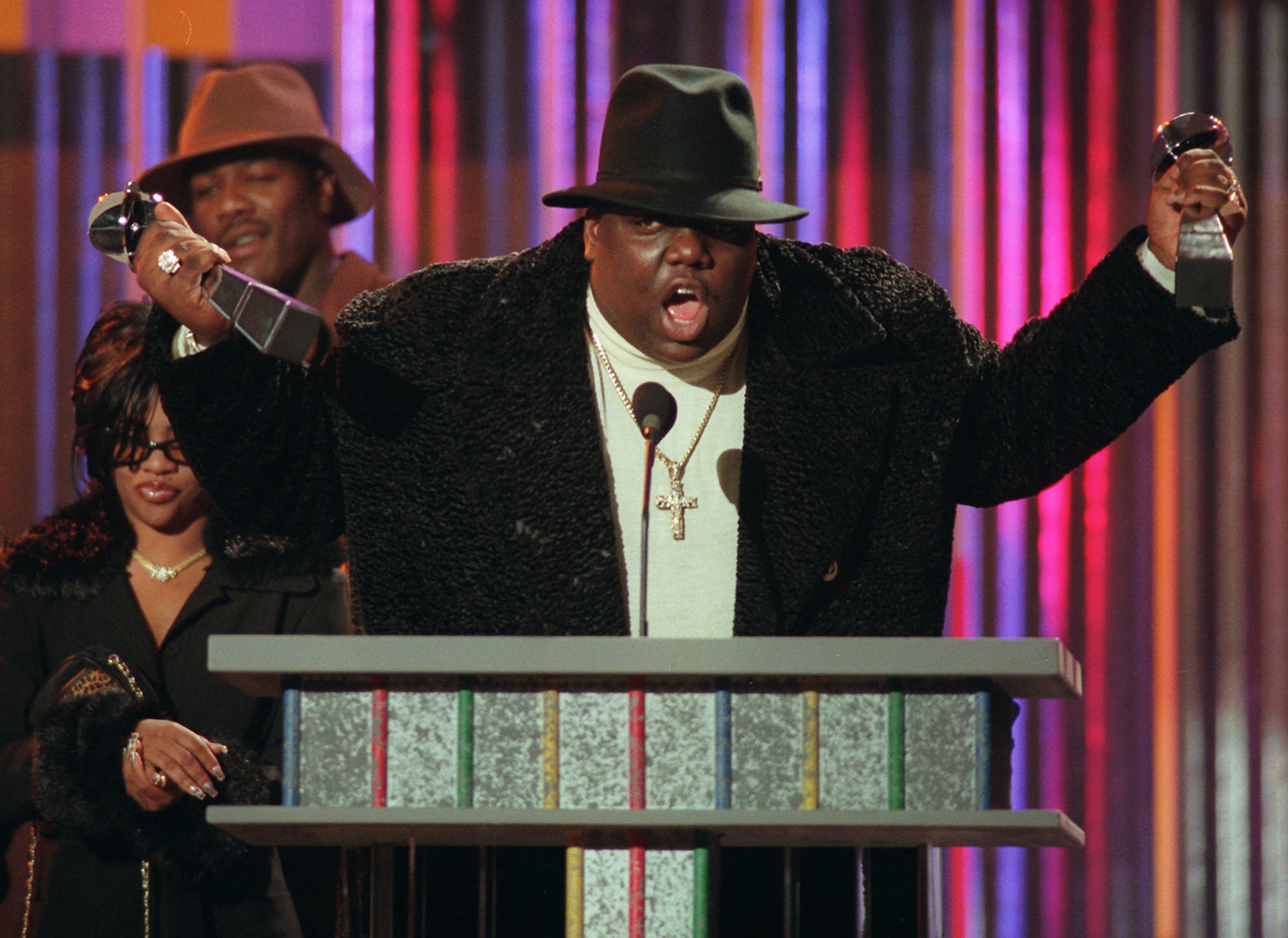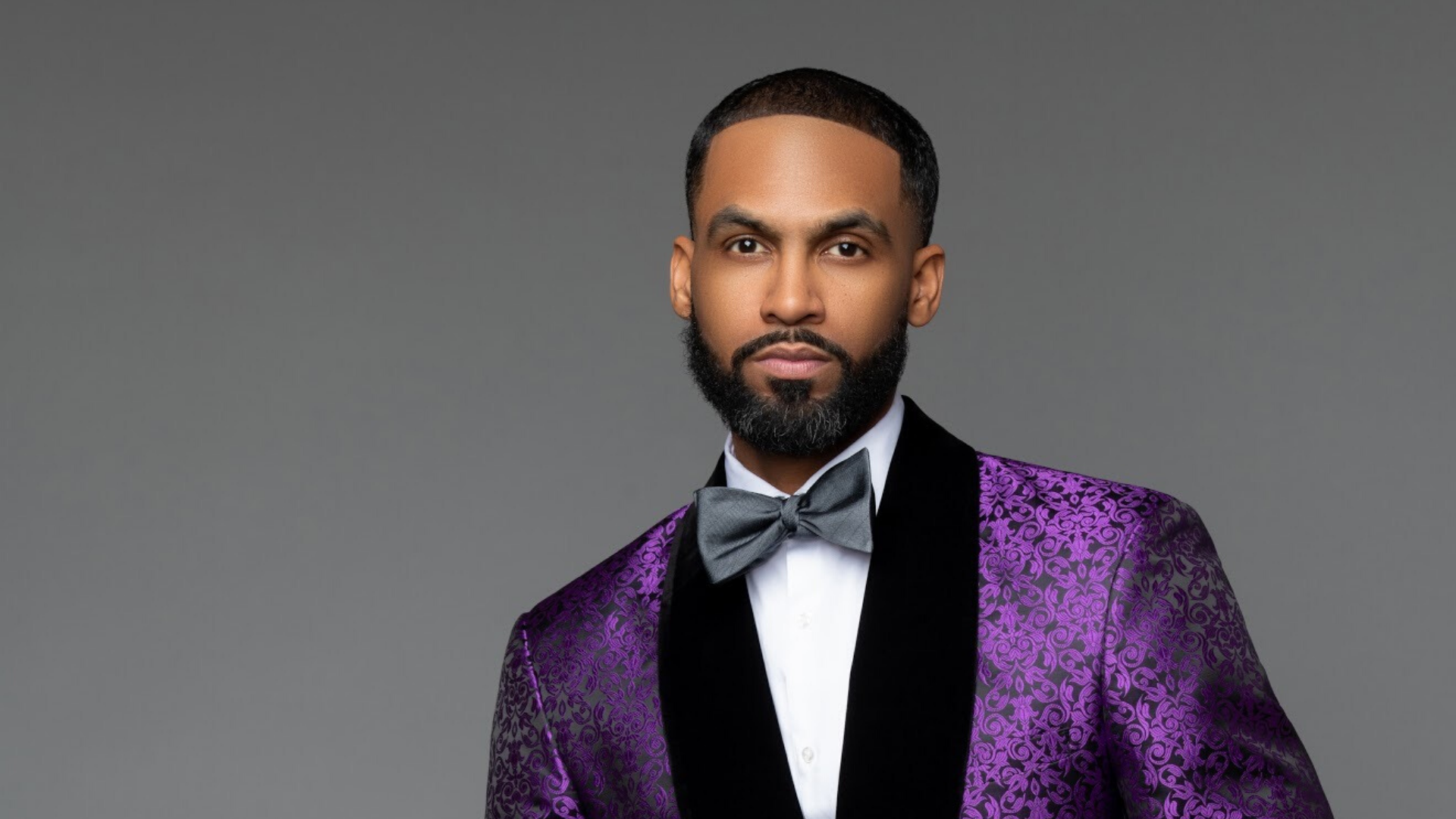Soulmate. Other Half. The One. For as long as I can remember I’ve been socialized to believe that monogamy was the only way to find fulfillment in intimate relationships. As a ten-year-old child stuck in the middle of a vengeful divorce between my parents, my impressions of monogamous relationships did not start off on the right foot. It is no secret that today, nearly fifty percent of marriages end in divorce and surveys find that infidelity is common and widespread in current relationships.
Historians and evolutionary biologists hold different theories for why and when the human species evolved into monogamous relationships, considering that recent statistical analysis find that monogamy is only prevalent in about 3-6% of mammals. The most widely agreed upon theory rests on a loose explanation that monogamy evolved as a result of men wanting to preserve their biological lineage as the human population began to rapidly expand. While biology and evolution do not offer clear origins of monogamy we do know that, “before Western imperialism, 83 percent of indigenous societies were polygynous, 16 percent monogamous, and 1 percent polyandrous (where women have multiple husbands)”. Communities of various ethnic, religious and cultural backgrounds have thrived in non-monogamous relationships for centuries prior, from nomadic Arab kingdoms to medieval European oligarchs. The onslaught of colonial imperialism institutionalized a model of social monogamy, through marriage, to secure political and economic ties between dictatorial families that continues to inform the way we perceive “traditional” relationships today.
Consensual or ethical non-monogamy is an umbrella term that defines a spectrum of relationship frameworks that fall outside of traditional monogamy. These relationships are between more than two consenting partners and range from polyamory to open relationships to swinging. Consensual non-monogamy is often incorrectly associated with unbridled, rampant sexual experiences. While sex and pleasure can be a part of consensual non-monogamy, it also encompasses a wide range of other emotional, romantic, and spiritual commitments and relations. At its healthiest form, consensual non-monogamy challenges patriarchal norms of respectability politics, heteronormativity and gender roles, among other institutional conventions. It allows consensual partners a freedom to explore and understand the expansive human delineations of desire, sexuality, and gender.
Consensual non-monogamy pokes at the holes in the flimsy formula of “traditional” family structures, particularly those spewed as a part of the American narrative. You graduate college, get married, buy a house, have kids, and continue so forth; regurgitating the model of the Levittown post-war developments that served as the bedrock of American conglomerate capitalism, from Rockefeller to Trump.
While, in no way, do I cast judgement on those who choose monogamous relationships; the reality is, for the majority of us, it was not a conscious choice.
As we come into an age that has begun to embrace the broader spectrum of human sexual orientations, gender identities, and representations, why do we continue to uphold an antiquated, linear version of relationships?
For Black millennials there exists various obstacles to exploring the spectrum of relationships outside of the polarity of monogamy. According to a recent study, only 50% of Black people surveyed claimed they are currently in a completely monogamous relationship. Evidently, not only is there a desire to be in consensual non-monogamous relationships, but Black communities are already engaging with alternative forms of relationships. However, when researching information and anecdotes for this article, in the United States and around the world, I struggled to find stories of consensual non-monogamy from different people of color, especially from Black women. Those I did come across recounted extreme experiences of fetishization, exotification and objectification within non-monogamous communities. Black people, especially Black women, regularly combat hypersexualized stereotypes within intimate relationships, originating from a long history that has demonized Black female bodies through the white male gaze. These stereotypes are then only compounded in a non-monogamous environment that has dismantled one type of institutionalized patriarchy without tending to the others, creating the illusion that these models of alternative relationships are primarily for white identifying communities.
Ultimately, this brings me to the question: Is consensual non-monogamy accessible for Black communities today?
In my opinion, consensual non-monogamy offers an avenue for the reclamation of our body from the white gaze. It dismantles antiquated models of relationships that rely on stringent rhetoric that assume that one person can fulfill all of our complex sexual, emotional, spiritual, and intellectual desires. However, before the world of consensual non-monogamy can be truly reflective as an inclusive and safe space for Black communities, it must address the history of racism embedded within colonial understandings of sex and relationships.






